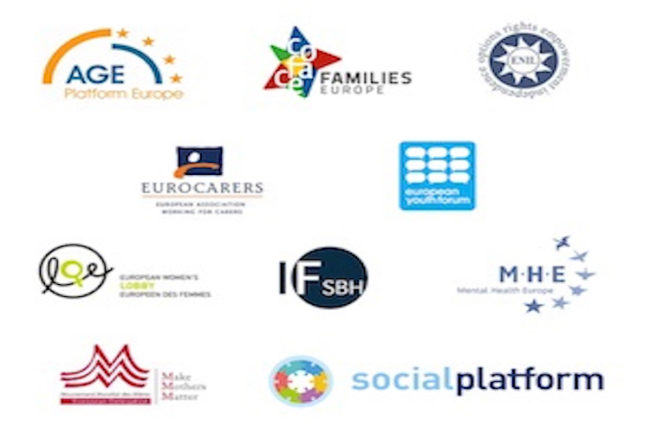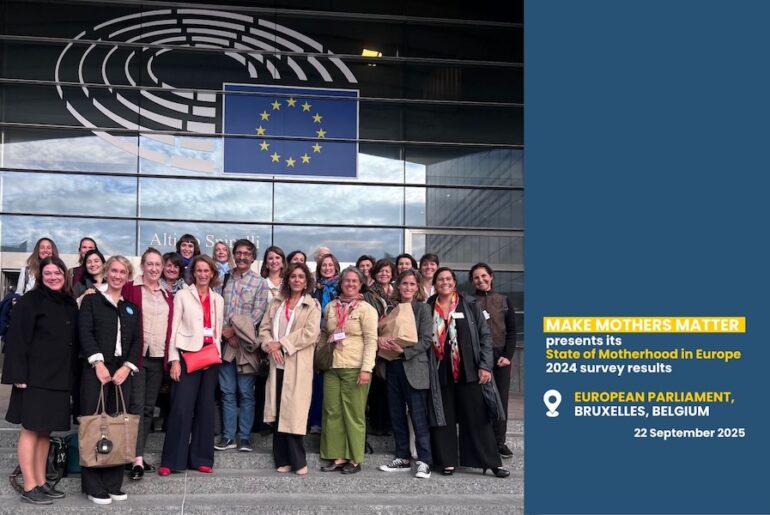Joint call from civil society to support the swift progress on Work-Life Balance Directive
07.12.17
Today MMM with 9 other civil society networks and organisations representing millions of children, young people, adults and families across the EU issue a joint statement asking the Council to continue negotiating on the work life balance directive proposal without watering it down and remove any barriers slowing down its approval.

On 26 April 2017, the European Commission proposed a Directive to “support work-life balance for parents and carers”, a topic that will be on the agenda of the upcoming EPSCO Council (Employment and social affairs Council) of 7 December 2017.
We have been calling for such an initiative for a number of years and we welcome the proposal because we strongly believe it could have a real impact. The current legal and institutional framework fails to sufficiently address problems faced by parents and carers on a daily basis, and does not provide adequate solutions for the needs of modern societies (i.e. an ageing population, the gender pay and pension gap, and equality in the labour market).
The proposal for a Directive on Work-Life Balance is the right way forward and it must now be swiftly approved and followed up with enforcement and monitoring. Some of the measures included are particularly helpful, such as the introduction of paid paternity leave of ten days, paid carers’ leave, non-transferable paid parental leave (at sick leave level), and the right to request flexible working conditions. These will bring real changes to the lives of many Europeans.
The New EU Gender Equality Roadmap : A Call for Inclusion of Mothers
04.03.25
The European Commission’s initiative on a new Gender Equality Roadmap post-2025, marks a significant step forward in addressing gender disparities across the European Union. Make Mothers Matter (MMM
Breaking the Cycle: Gender Equality as a Path to Better Mental Health
18.03.25
The Council of the European Union has taken a decisive step in recognising the vital connection between gender equality and mental health.
Europe Must Listen to Mothers: Our landmark report heads to the European Parliament
28.08.25
On 22 September 2025, the voices of mothers will take centre stage in Brussels. For the first time, Make Mothers Matter (MMM) will present its State of Motherhood in Europe








